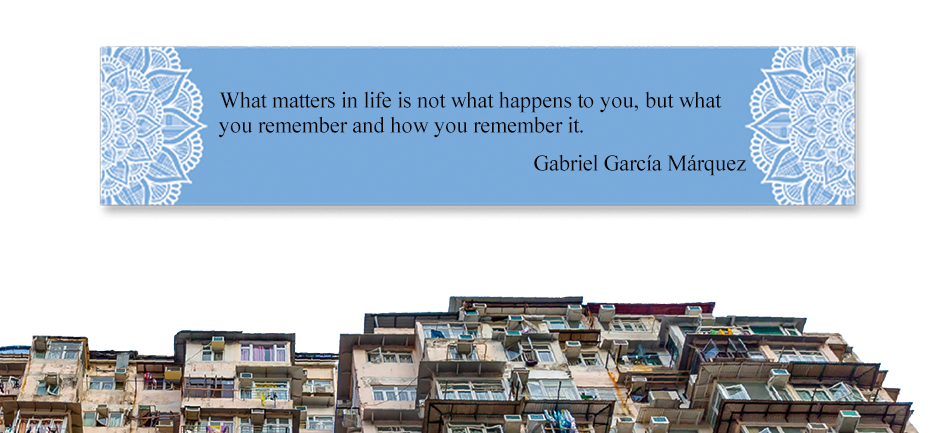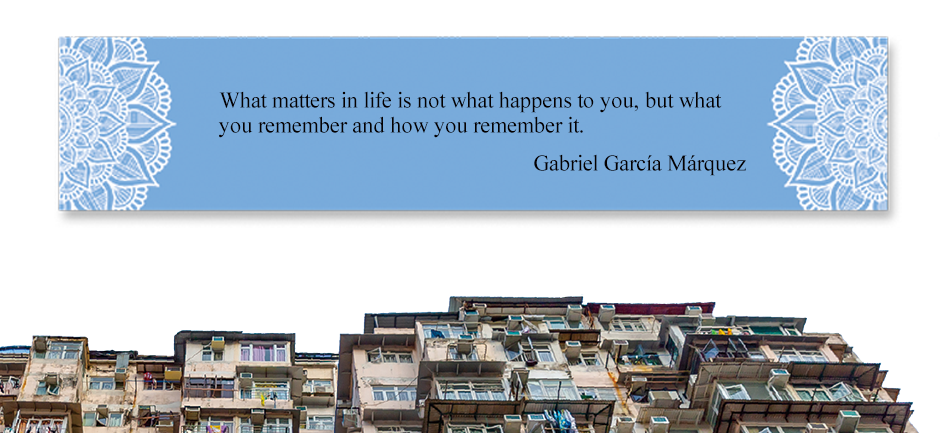

Transport Department
It was approaching 1997 when Chris Patten, the last governor of Hong Kong, visited Kowloon City, during which I served as his interpreter for ten minutes. Determined to do a better job should there be a next time, I started to create my own English immersion course.
After venturing out to chat with a few English-speaking strangers at the Avenue of Stars in Tsim Sha Tsui, I concluded that this wildcat approach should morph into a more systematic one. So the venue shifted to Mong Kok, a place perhaps less glamorous yet bustling with local life.
In a tiny booth in an old commercial building, I sat face to face with a British young man.
“Sorry for the stuffy air. I’m Richard, your new English tutor,” he introduced himself cheerfully.
“Nice to meet you. Where’s Margaret?” I asked.
“Who?”
“The lady who sometimes showed off, you know, advertised her ...”
“Oh, she’s left for the Mainland,” he said.
“Please don’t get me wrong. This is MK and everything is …”
Before I finished, he laughed, “You can say that again.”
I smiled.
Richard had been teaching in Oxford—not the university, but an English tutorial centre in the district. We not only talked about the English language, but also touched on works by George Orwell and Franz Kafka.
As friendship grew, our lessons were no longer confined to the tutorial centre. Walking down the street, he would tell me there were no such things as “private cars” in English, nor was there much happening in the streets back in many parts of Britain. Once, we drank rounds of beer gleefully in a pub, dipping ourselves into the bubbly culture. As I groggily tottered towards the bathroom, I overheard him telling his beer pal, “Fred has translated for the Governor.”
“It’s the Gardener!” I shouted to correct him, borrowing a leaf out of Patten’s book of humour.
A learner crazier than me, Richard even carried a secret gadget around to record people’s daily conversations in Cantonese. He would ask me to decode slang and jargon for him. One day, he came up with an ambitious plan: to publish a book on Cantonese learning.
The flat Richard rented was in an old tenement in Jordan. On the first day that I walked down its dimly lit corridor, I heard a child crying in his neighbour’s flat. Richard said there had been some kind of domestic violence next door the night before. This was where our project took flight.
Richard collected excerpts of different radio programmes such as horse racing, current affairs phone-ins and midnight advice offered by an agony aunt, who we both agreed had a beautiful voice. It was strange for me to hear a Briton commenting on a host of local issues though. I had no difficulty translating political terms, but was overwhelmed by bookmaking terms like double quinella and triple trio. Apparently a trip to Happy Valley was in order.
Leaving the copyright issue for the future, we experimented with all sorts of translation and bantered about the ridiculous ones. When we were drained of ideas, Richard would play the double bass, allowing the day to linger a little longer.
There is always a time when good things come to an abrupt end. Several weeks after our last contact, my phone rang. It was Richard. He told me that he had just recovered from chickenpox and was going to leave on the coming Saturday. No farewell please.
What had gone wrong? Was it because I had not worked hard enough for the project; or was I not caring enough for a friend who had succumbed to chickenpox thousands of miles away from his home country? Even today I have no answer for it.
Many years later I received a letter from him. He told me that he played music on an ocean cruiser before returning to Britain. He was now settled, with a happy marriage and a job in computer translation. Still, he did not forget about the radio recordings. Sure, that’s the Richard I knew, always full of life and undeterred enthusiasm. I was more than happy for him.
As years passed, the chance to co-author a book with Richard has long gone. Indeed, as many things have changed, I would rather leave the project to gather dust. But occasionally when I look back on those days, something still glimmers, striving to come out and shine in that corridor.












